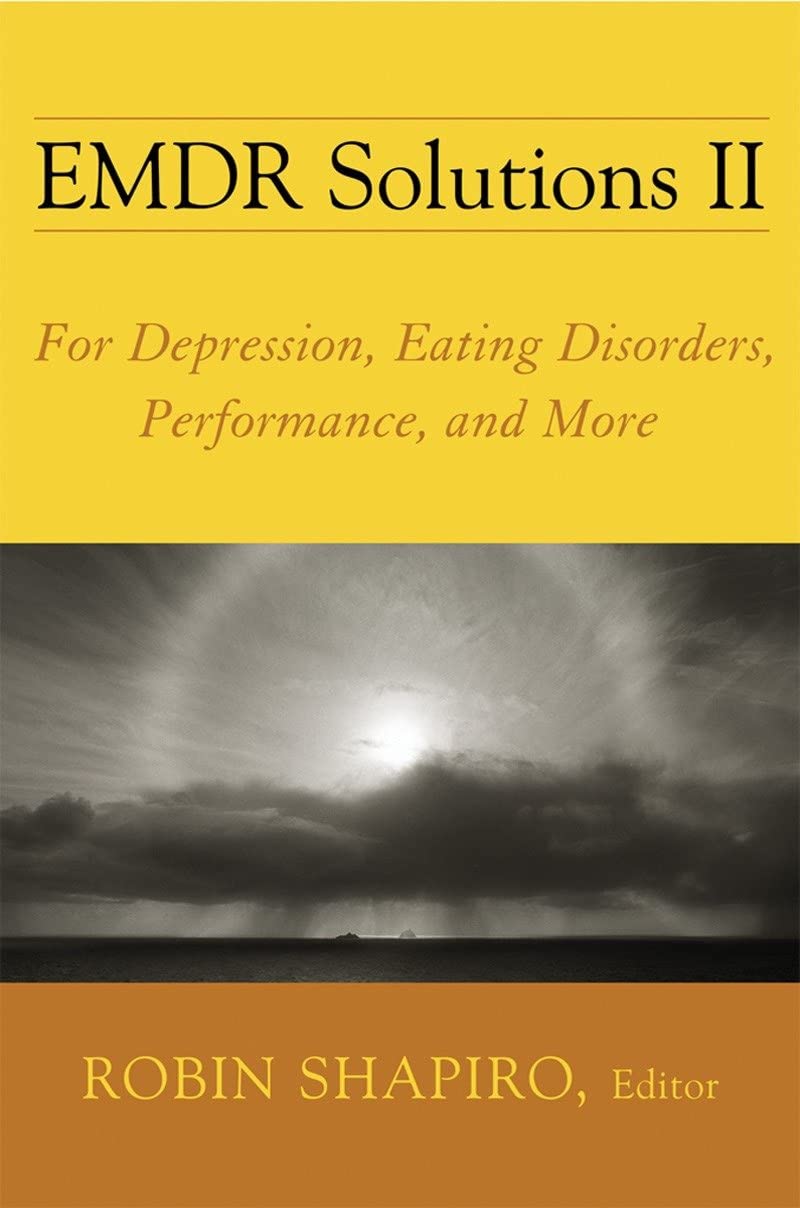The integrated treatment of eating disorders, posttraumatic stress disorder, and psychiatric comorbidity: A commentary on the evolution of principles and guidelines
In this commentary, guidelines for assessing and treating patients with ED + PTSD and related comorbidity are critically reviewed.
Article Abstract
“Psychiatric comorbidity is the norm in the assessment and treatment of eating disorders (EDs), and traumatic events and lifetime PTSD are often major drivers of these challenging complexities. Given that trauma, PTSD, and psychiatric comorbidity significantly influence ED outcomes, it is imperative that these problems be appropriately addressed in ED practice guidelines. The presence of associated psychiatric comorbidity is noted in some but not all sets of existing guidelines, but they mostly do little to address the problem other than referring to independent guidelines for other disorders. This disconnect perpetuates a “silo effect,” in which each set of guidelines do not address the complexity of the other comorbidities. Although there are several published practice guidelines for the treatment of EDs, and likewise, there are several published practice guidelines for the treatment of PTSD, none of them specifically address ED + PTSD. The result is a lack of integration between ED and PTSD treatment providers, which often leads to fragmented, incomplete, uncoordinated and ineffective care of severely ill patients with ED + PTSD. This situation can inadvertently promote chronicity and multimorbidity and may be particularly relevant for patients treated in higher levels of care, where prevalence rates of concurrent PTSD reach as high as 50% with many more having subthreshold PTSD. Although there has been some progress in the recognition and treatment of ED + PTSD, recommendations for treating this common comorbidity remain undeveloped, particularly when there are other co-occurring psychiatric disorders, such as mood, anxiety, dissociative, substance use, impulse control, obsessive–compulsive, attention-deficit hyperactivity, and personality disorders, all of which may also be trauma-related. In this commentary, guidelines for assessing and treating patients with ED + PTSD and related comorbidity are critically reviewed. An integrated set of principles used in treatment planning of PTSD and trauma-related disorders is recommended in the context of intensive ED therapy. These principles and strategies are borrowed from several relevant evidence-based approaches. Evidence suggests that continuing with traditional single-disorder focused, sequential treatment models that do not prioritize integrated, trauma-focused treatment approaches are short-sighted and often inadvertently perpetuate this dangerous multimorbidity. Future ED practice guidelines would do well to address concurrent illness in more depth.”
—Description from publisher
Article Access
Open Access
Brewerton, T. D. (2023). The integrated treatment of eating disorders, posttraumatic stress disorder, and psychiatric comorbidity: A commentary on the evolution of principles and guidelines. Frontiers in Psychiatry, 14. Open access: https://doi.org/10.3389/fpsyt.2023.1149433
Date
May 11, 2023
Creator(s)
Timothy D. Brewerton
Topics
Eating Disorders/Body Image, PTSD
Practice & Methods
Integrative Therapies
Extent
12 pages
Publisher
Frontiers
Rights
© 2023 Brewerton. This is an open-access article distributed under the terms of the Creative Commons Attribution License (CC BY). The use, distribution or reproduction in other forums is permitted, provided the original author(s) and the copyright owner(s) are credited and that the original publication in this journal is cited, in accordance with accepted academic practice. No use, distribution or reproduction is permitted which does not comply with these terms.
APA Citation
Brewerton, T. D. (2023). The integrated treatment of eating disorders, posttraumatic stress disorder, and psychiatric comorbidity: A commentary on the evolution of principles and guidelines. Frontiers in Psychiatry, 14. Open access: https://doi.org/10.3389/fpsyt.2023.1149433
Audience
EMDR Therapists, Other Mental Health Professionals
Language
English
Content Type
Article, Peer-Reviewed
Access Type
External Resource, Open Access





